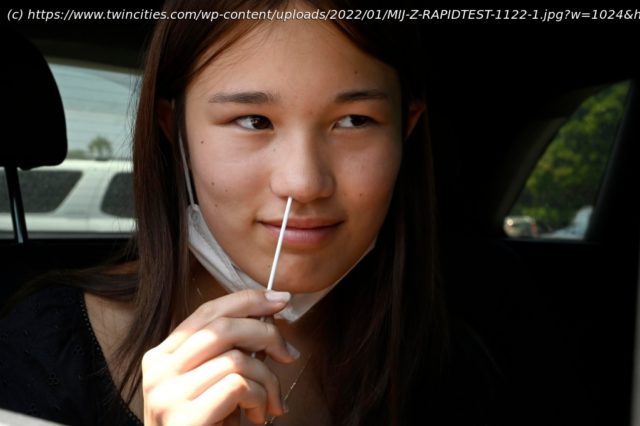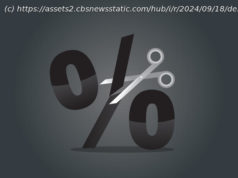Even as we race to find more tests, a new study shows that they may fail to detect some early infections.
Rapid antigen tests are quick, cheap and easy. But a new study suggests they can also be wrong, particularly about omicron. Cupertino native Nick LaRocca found that out the hard way, accidentally infecting a friend after trusting test results that were negative. “I tried to do everything the right way. I thought everything was good, even though I felt really crappy,” said vaccinated LaRocca,36. “And I got one of my friends sick. That’s the last thing I wanted.… I was literally walking around infecting people not even knowing it.” In the new study, antigen tests — such as Quidel’s QuickVue and Abbott’s BinaxNOW, which can be easily used at home – missed detection of COVID-19’s omicron variant during the first early days of infection. The findings, if confirmed, urge against over-reliance on a tool that has become the cornerstone of reopening in-person businesses, schools and social gatherings. While important, testing should be just one part of a broader preventive strategy of masking, good ventilation and small gatherings, said experts. The unsettling results are based on an analysis of a small number of workers who took daily tests at various settings, including an unnamed San Francisco corporation and New York City’s Broadway theaters. The study found that 30 people tested negative using nasal-swab rapid tests during the first two to three days of infection. But the virus was detected in those same individuals using the slower, more expensive and more accurate saliva-based PCR test. In general, people are less contagious during this very early stage. But the study found that in at least four cases, people unwittingly transmitted the virus to others. “The policy implication is that rapid antigen tests may not be as fit-for-purpose in routine workplace screening to prevent asymptomatic spread of omicron, compared to prior variants,” concluded the study, conducted by the Covid-19 Sports and Society Working Group and Infectious Economics in New York, a consultant to businesses that are trying to keep staff safe. Published on the preprint server bioRxiv, the study has not been peer reviewed. Although anecdotal reports of inaccurate results from rapid antigen tests abound, the study offers the first real-world proof that the tests lag in the ability to find infection — and supports lab work by the National Institutes of Health that discovered that the omicron variant is better at evading detection than previous variants.






